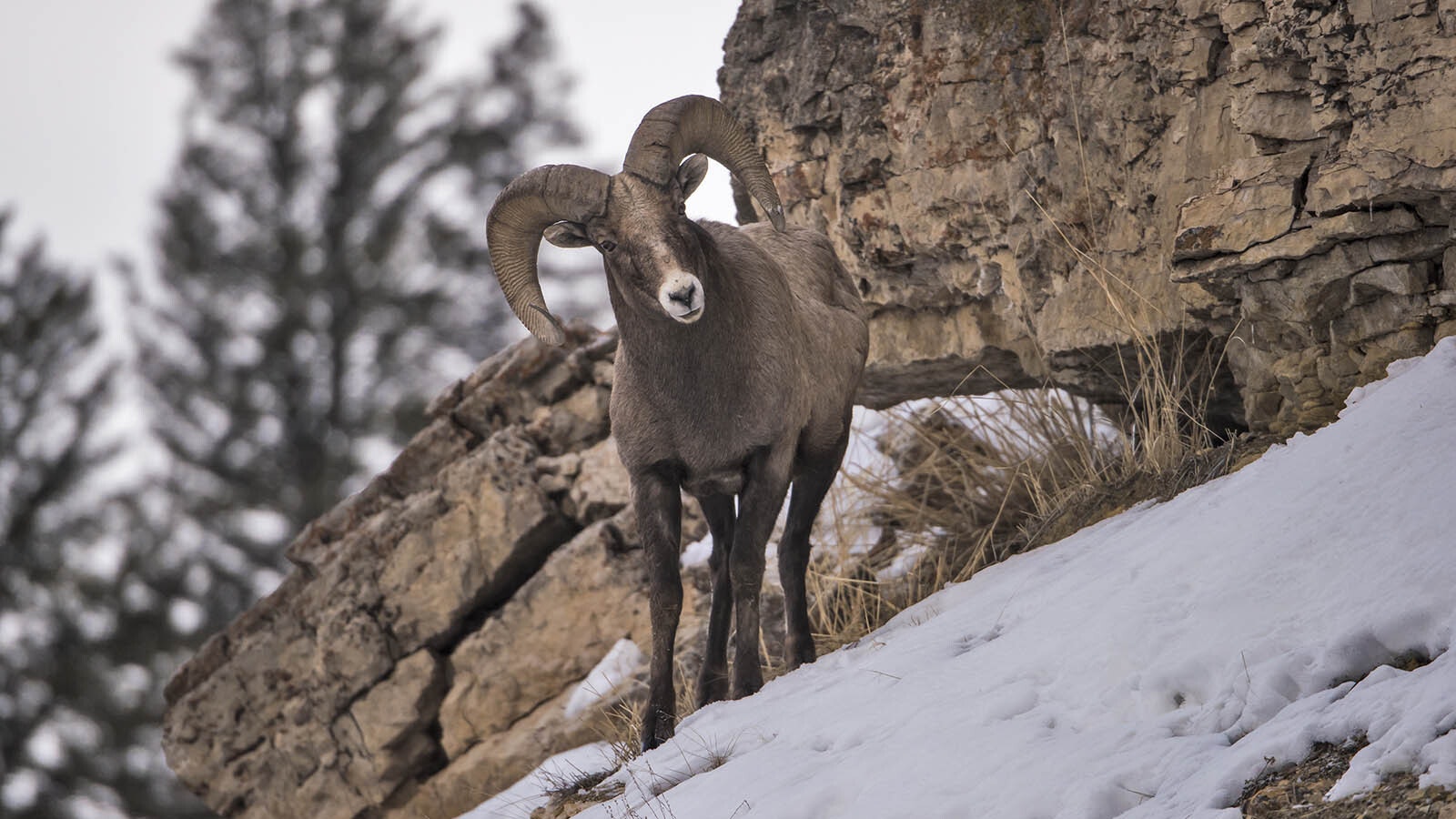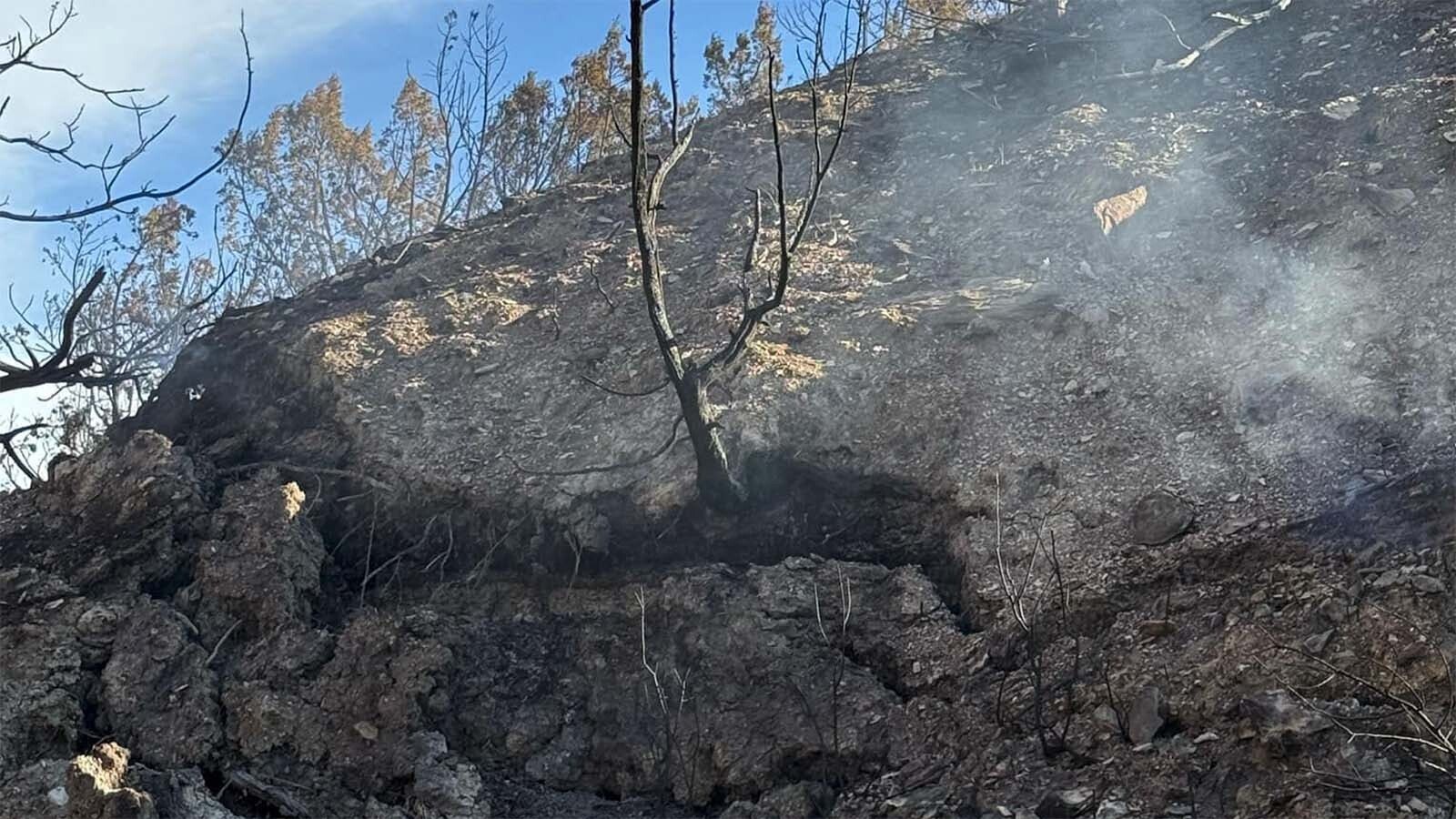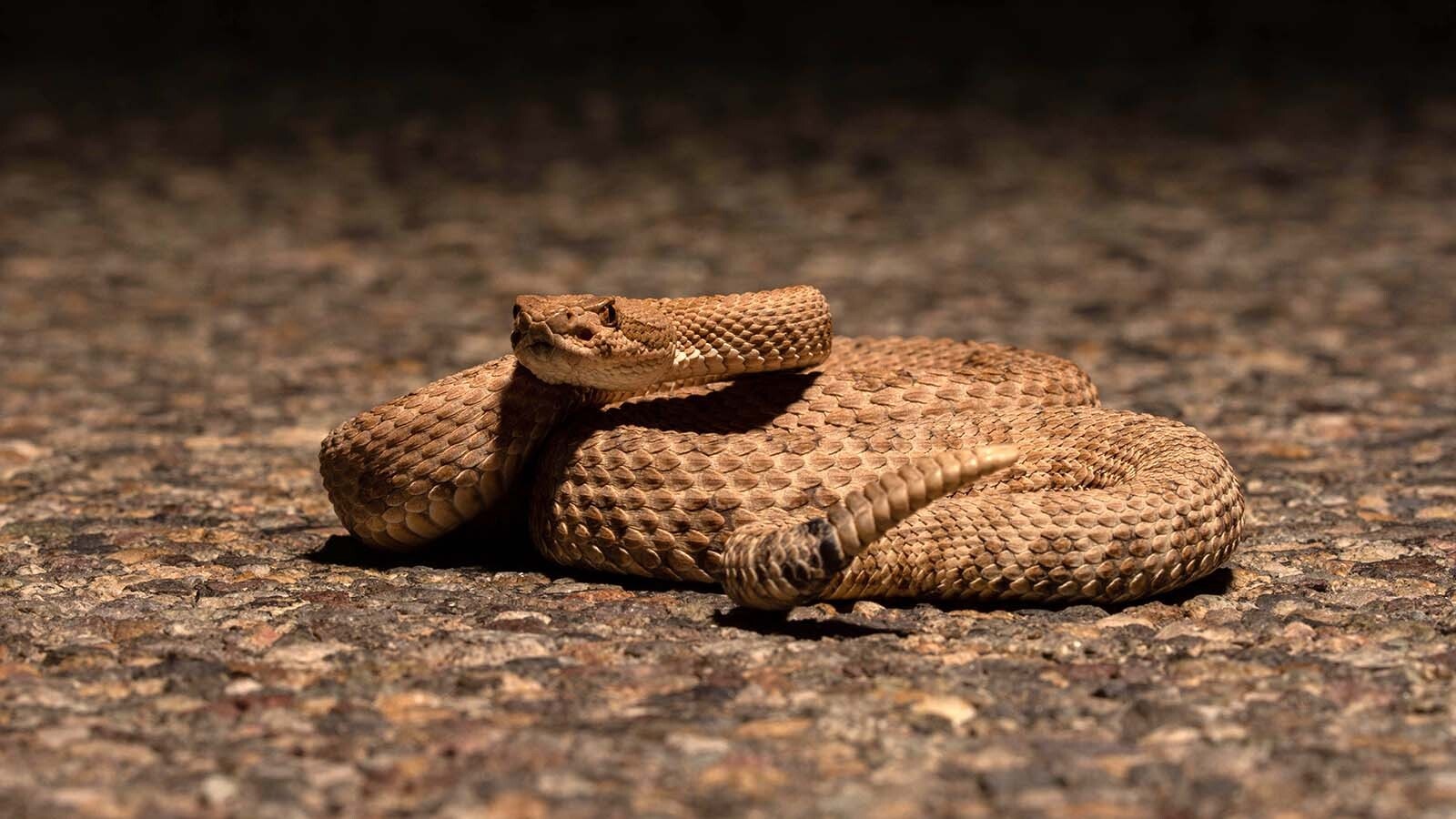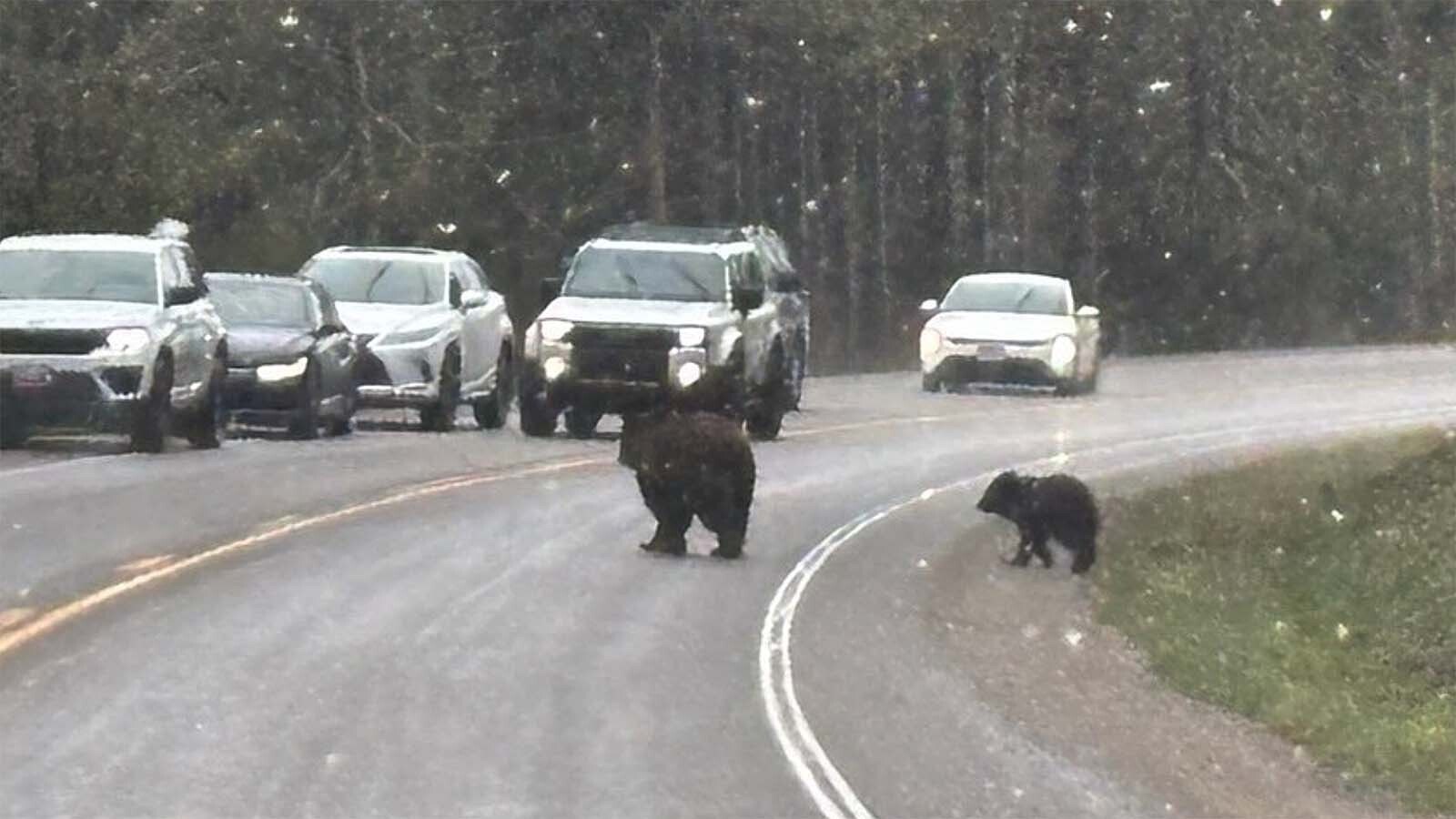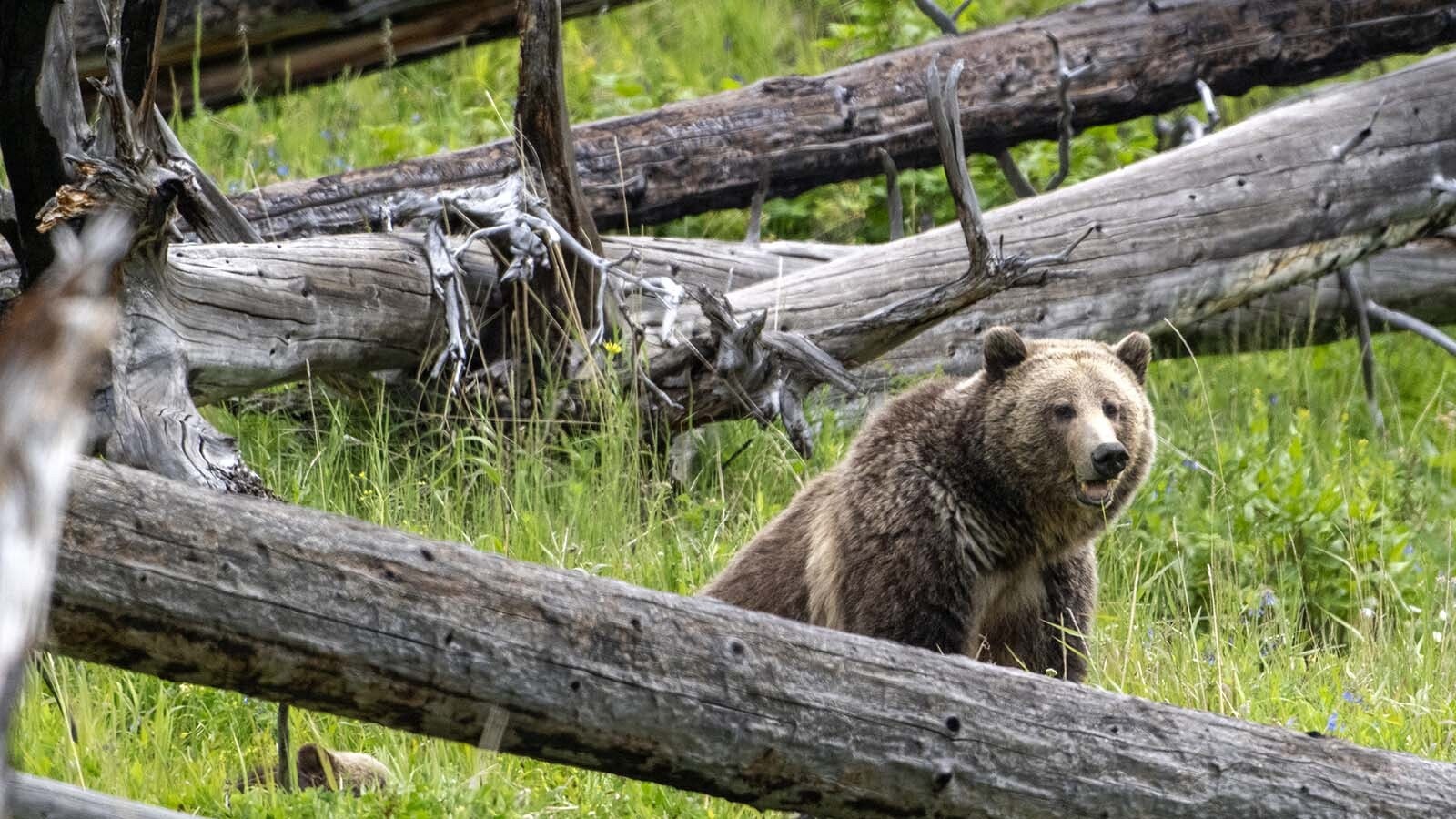Despite the best of intentions, bringing bighorn sheep back to the remote Sweetwater Rocks area in central Wyoming is a bad idea, because too much has changed there, a local rancher said.
“We feel that we are being encouraged to place our trust in state legislation that cannot deliver, and urged to believe that this deal is done and we have to accept it,” cattle rancher Troy Corbett told Cowboy State Daily.
Corbett said that he and other ranchers in the region worry that, even if Senate File 118 passes, it won’t be enough to stop federal agencies from using bighorn sheep as leverage to push cattle and sheep off grazing leases.
However, a supporter of the bill told Cowboy State Daily that it would keep the feds from driving ranchers off the land.
It would protect ranches from “any federal action that is caused by the presence of bighorn sheep in the area,” said Wyoming Wild Sheep Foundation Executive Director Katie Cheesbrough.
SF 118 would require the Wyoming Game and Fish Department to remove bighorn sheep from any spot where they got too near livestock.
A Place ‘Progress Hasn’t Found Yet’
Even so, Corbett said he and his neighbors also worry about how the presence of bighorn sheep – and the possibility of much-coveted bighorn hunting tags – could affect the dynamics between hunters and ranchers.
Sweetwater Rocks and the surrounding land is one of Wyoming’s most out-of-the-way places, Corbett said. It’s the sort of place where ranchers and local hunters have an understanding. For the most part, ranchers have been happy to allow access for hunters seeking antelope, mule deer and occasionally, elk.
“It’s kind of one of those places that, let’s say, progress hasn’t found yet,” Corbett said. “It has not been an area where historically, trespass easements for hunters were denied or charged for.”
So he worries that if bighorns are brought back, it could spoil that dynamic between hunters and ranchers, as well-heeled hunters jostled for the best access to trophy bighorn ram hunts. Access for which they’d be willing to pay top dollar.
Cheesbrough said if the sheep are brought back, it would take many years for them to reestablish themselves number sufficient for Game and Fish to greenlight hunting there.
What’s more, the reintroduction of bighorn herds, and subsequent bighorn hunts in other parts of Wyoming doesn’t seem to have affected the landowner-hunter dynamic of other species such as deer and antelope, she said.
Will It Provide Enough Protection?
The Wyoming Wild Sheep Foundation and other advocates of reintroduction argue that Sweetwater Rocks is some of the best bighorn habitat in the entire country. So, it’s only right that bighorns should reclaim an area where they once thrived.
However, that fails to take into account how things have changed since the bighorns disappeared from the area in the early 20th century, Corbett said.
Numerous established ranches rely on grazing permits there, and SF 118 doesn’t fully put to rest their misgivings about federal intervention if the bighorns return, he said.
“Our family ranching operation is among at least 12 other operations in the immediate area that would be directly affected by this action that have attended a number of meetings and come out consistently against the proposal,” he said.
What About Future Lawsuits?
There’s still lingering concern that the federal government or anti-grazing groups could find a way to use the bighorn sheep to launch lawsuits – taking unforeseen tactics or approaches, Corbett said.
When a species moves into an area, it inevitably creates more complications with federal agencies, he said.
“A recent influx of elk on the western half the Sweetwater drainage has proven this, and has placed an undue burden on landowners there, in spite of the fact that there were essentially no elk there going back prior to grazing laws that established grazing permits in the area,” he said. “The result is that now BLM (Bureau of Land Management) must consider allocating forage for that species that technically isn’t there. State legislation would have been powerless against this, as it will be with a wild sheep introduction,” he said.
But SF 118 is worded strongly enough to protect ranchers from any threats to their grazing leases, Cheesbrough said.
A wild sheep foundation fact this on the bills states it provides: “A means of providing legally defensible protections to federal grazing permits affecting the Sweetwater Rocks proposed reintroduction area should bighorn sheep be reintroduced or migrate into the area naturally.”
And that approach isn’t new, Cheesbrough added.
In other areas of Wyoming where bighorns have been reintroduced, similar protections against ranchers having their grazing leases cancelled have proven effective, she said.
Mark Heinz can be reached at mark@cowboystatedaily.com.

